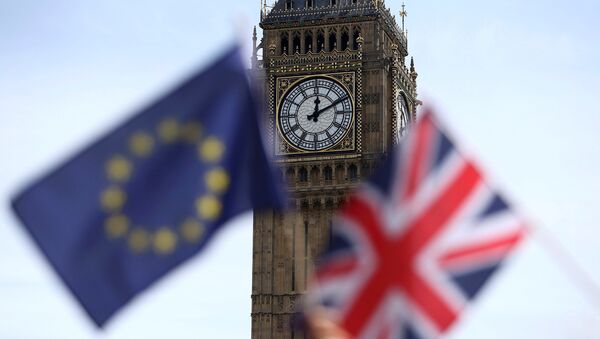"Counsel for the Scottish Government and for the Independent Workers Union of Great Britain have been invited to address in their skeleton arguments the relevance of points of Scots Law, so far as they do not also form part of the law of England and Wales, to the determination of the present proceedings," the court said.
The Attorney General for Northern Ireland, who is the Northern Irish government's chief legal adviser, is also set to attend the hearings without needing permission as the matter legally impacts the Northern Irish constituency.
Earlier in November, Scotland’s First Minister Nicola Sturgeon said that Scotland planned to intervene in the appeal and vowed to do everything possible for maximizing Scottish influence on the Brexit process.
On June 23, the United Kingdom voted on referendum to leave the European Union. While English voters largely backed leaving the bloc, voters in Scotland and Northern Ireland mostly voted "remain." Wales voted mostly in tandem with England.
UK Prime Minister Theresa May has stated that the country would trigger Article 50 of the Lisbon Treaty by the end of March 2017. The timing was later reaffirmed despite the High Court Ruling in November that the government must seek parliamentary approval before triggering the article.



